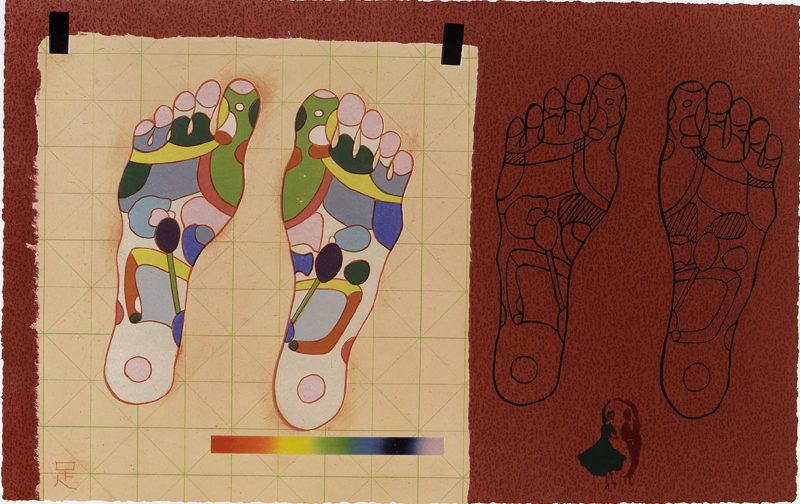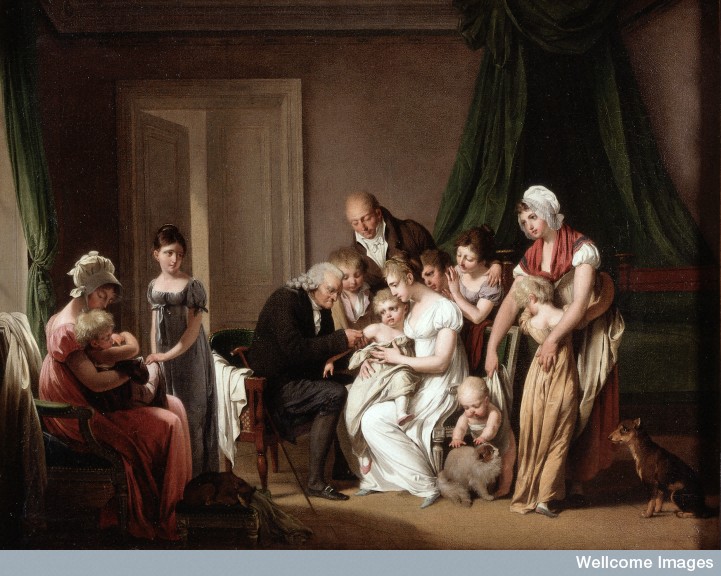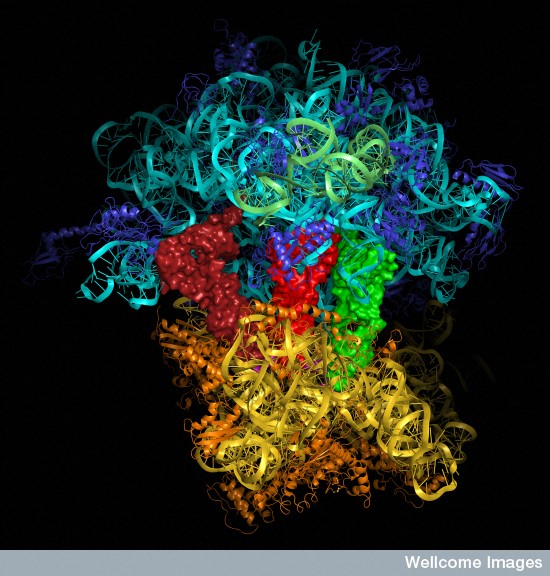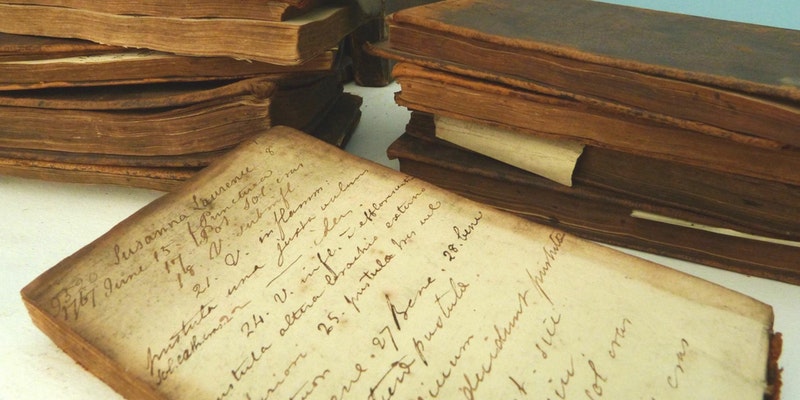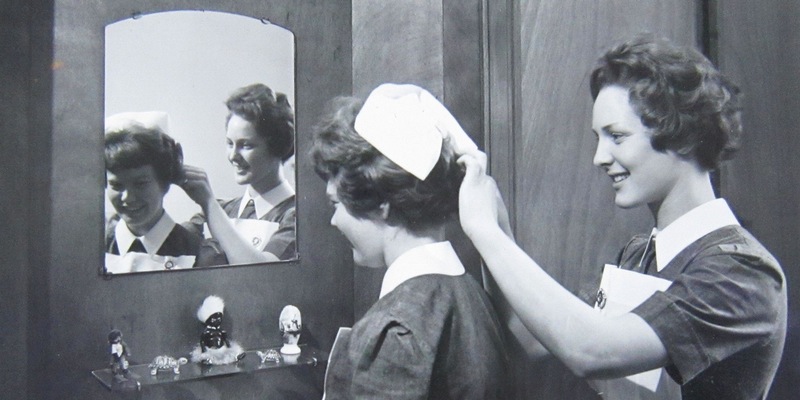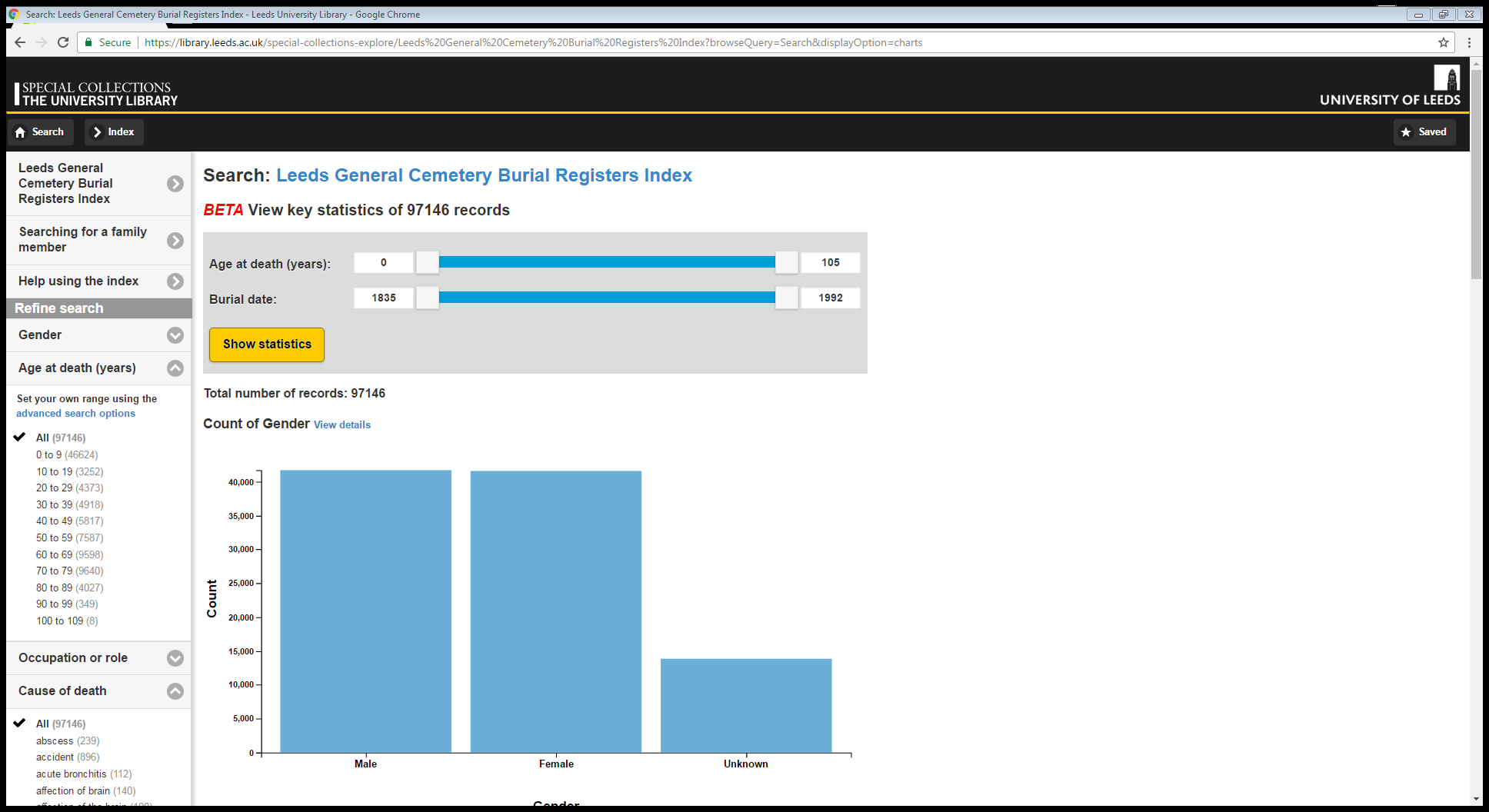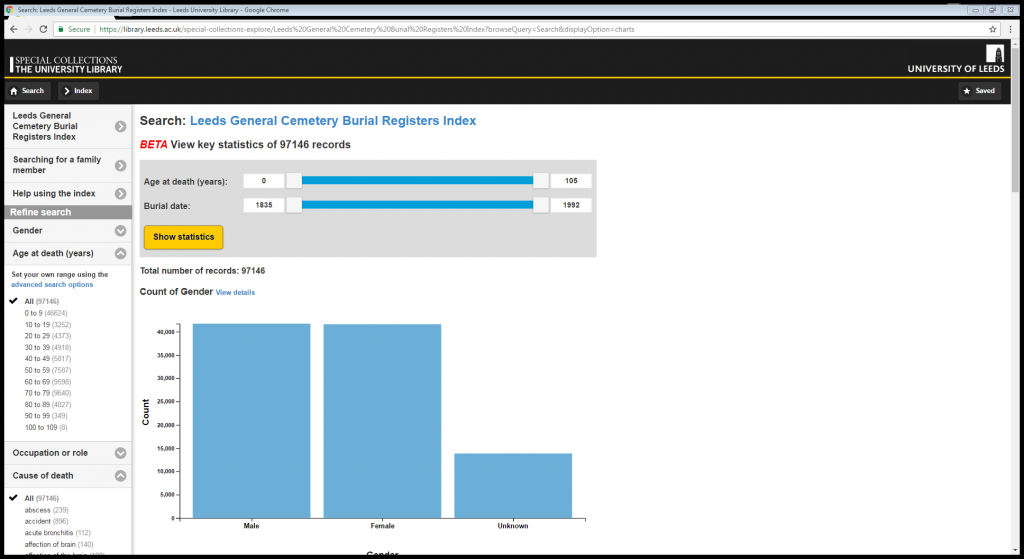
My name is Lindsey Sutton and I am the Project Archivist employed on the Wellcome funded Unlocking the Asylum project at Denbighshire Archives. The project began in October of this year and is due to run until November 2019.
The North Wales Hospital, Denbigh, was the main institution in North Wales for the care of the mentally ill. The institution opened in October 1848 serving the whole of North Wales and the borders. A century later, its patients numbered in excess of 1,500. It was by far the biggest employer in the area and activities recorded in its voluminous archives reflect its importance in the social and economic life of the area, with its farm, sporting activities, community events and cultural festivals.
The hospital finally closed its doors in 1995. The resulting archive is unique in its completeness including: patient records; annual reports and committee minutes; financial records; plans; and staff records.
The project team is made up of three roles. There is the Project Archivist (myself), whose role is to produce an itemised catalogue of the existing accessions re-catalogued to current standards and an itemised catalogue of later accessions of administration records. There is a Project Support Officer who will spend two years indexing and repackaging the later series of patient case files, some 23,000 in total.
Finally there is the Project Conservator who has been employed for three months to assess the collection for conservation needs and suggest preventive preservation measures.
We are now three months into the project and the first phase to re-catalogue the existing accessions is now complete, the temporary catalogue is available online via the Denbighshire Archives website.
http://archives.denbighshire.gov.uk/collections/getrecord/GB209_HD-1
Work is also well under way on the indexing and repackaging of the patient files, of which just under 1000 have been completed. Additionally a detailed conservation survey has been completed, the repackaging recommendations of which will be implemented next year.
If you would like to find out more about this project please see our two recent blog posts which look at the plans for repackaging the series of maps and plans, and take a closer look at the information contained within the patient files predating the establishment of the National Health Service in 1948.
Unlocking the Asylum: Unrolling the Archive
Exploring the Asylum: Patient Case Books
We will continue to post regular updates throughout the project on our blog and Facebook pages.
